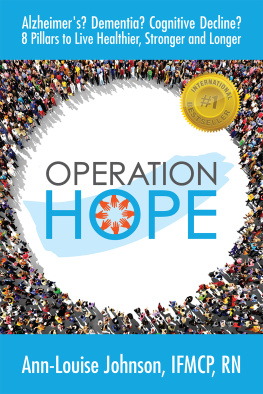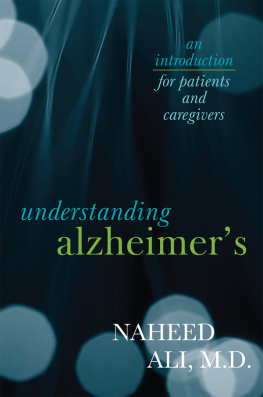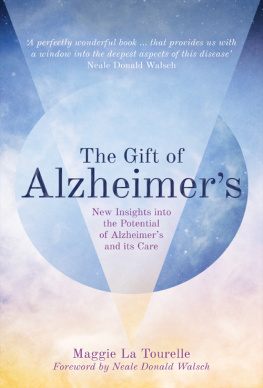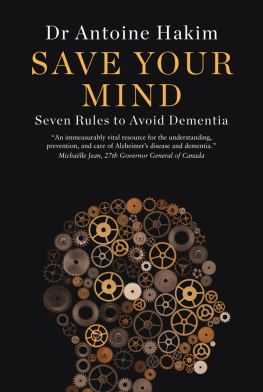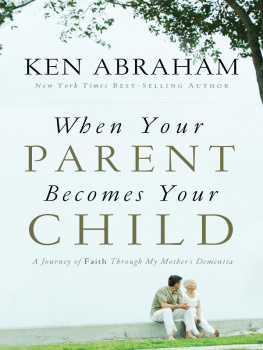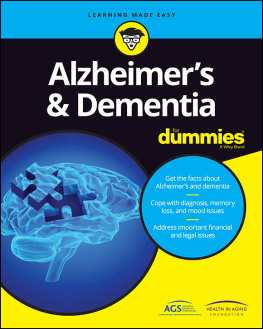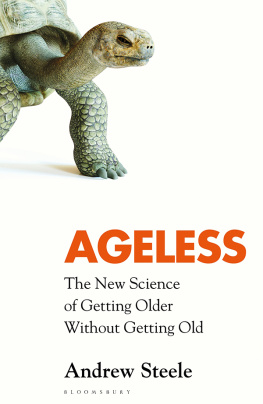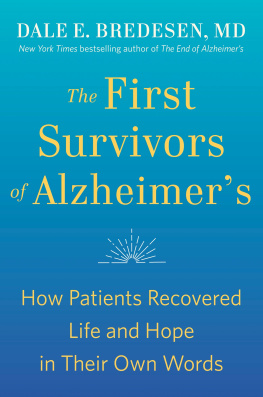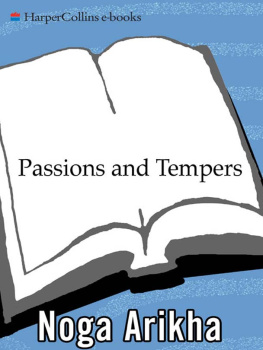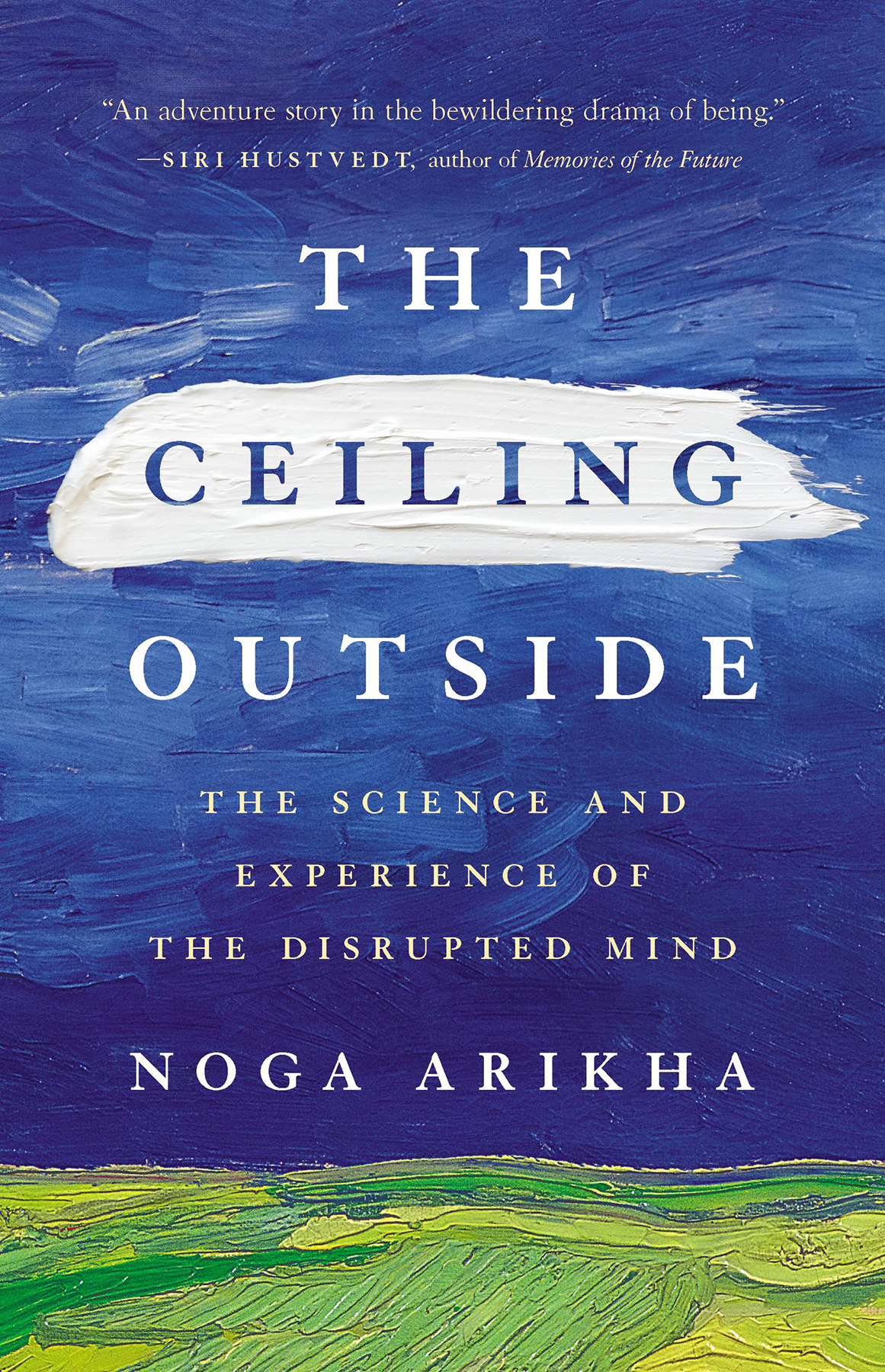Passions and Tempers: A History of the Humours
Napoleon and the Rebel: A Story of Brotherhood, Passion, and Power ( with Marcello Simonetta )
Copyright 2022 by Noga Arikha
Cover design by Ann Kirchner
Cover images Anna Kapralova / Shutterstock.com; Bridgeman Images
Cover copyright 2021 by Hachette Book Group, Inc.
Hachette Book Group supports the right to free expression and the value of copyright. The purpose of copyright is to encourage writers and artists to produce the creative works that enrich our culture.
The scanning, uploading, and distribution of this book without permission is a theft of the authors intellectual property. If you would like permission to use material from the book (other than for review purposes), please contact permissions@hbgusa.com. Thank you for your support of the authors rights.
Basic Books
Hachette Book Group
1290 Avenue of the Americas, New York, NY 10104
www.basicbooks.com
Originally published in 2022 in Great Britain by Basic Books London
First US Edition: May 2022
Published by Basic Books, an imprint of Perseus Books, LLC, a subsidiary of Hachette Book Group, Inc. The Basic Books name and logo is a trademark of the Hachette Book Group.
The Hachette Speakers Bureau provides a wide range of authors for speaking events. To find out more, go to www.hachettespeakersbureau.com or call (866) 376-6591.
The publisher is not responsible for websites (or their content) that are not owned by the publisher.
Library of Congress Control Number: 2021950279
ISBNs: 9781541600874 (hardcover); 9781541600881 (ebook)
E3-20220307-JV-NF-ORI
In memoriam
Anne Atik Arikha (19322021)
To the WoWs
The main character is always the hardest work.
Deborah Levy, The Cost of Living (2018)
What was life, really? It was warmth, the warmth produced by instability attempting to preserve form, a fever of matter that accompanies the ceaseless dissolution and renewal of protein molecules, themselves transient in their complex and intricate construction. It was the existence of what, in actuality, has no inherent ability to exist, but only balances with sweet, painful precariousness on one point of existence in the midst of this feverish, interwoven process of decay and repair.
Thomas Mann, The Magic Mountain (1924) trans. John E. Woods (1995)
At the still point of the turning world. Neither flesh nor fleshless;
Neither from nor towards; at the still point, there the dance is,
But neither arrest nor movement. And do not call it fixity,
Where past and future are gathered. Neither movement from nor towards,
Neither ascent nor decline. Except for the point, the still point,
There would be no dance, and there is only the dance.
T. S. Eliot, Four Quartets , from Burnt Norton, II
Did you call me?
No, Mummy, you called me.
Well, the phone rang and you hung up and I just answered. Are you in Paris?
Yes, you called me in Paris.
I need your help, urgently, I need you to give me your phone number, I cant find it.
But Mummy you just called me!
Oh yes thats right. How are the children?
And how old is the eldest, and which one is he. And all these people are coming over tonight, there is a committee, but I must call them, I dont find their phone numbers. And there is a review of my book on the front page of the magazine, I cant remember the name of it. And it must be my mother who gave me this beautiful scarf.
But Mummy she died in 1986.
Did she?
Yes, she did, and she could hardly have bought such an elegant scarf in her religious neighbourhood in Jerusalem.
Well, you never know, she could have, people bought all sorts of things! And I must call her.
And on it goes. Memory chopped up into incoherent bits. Sentences that dont stick together while the syntax is perfect. Past, present, future, all neatly separated but what goes into which, no longer. All is mixed up. Names, children and grandchildren, episodes, sounds familiarity disintegrating. Stories un-told and transposed from one place, one face, to another. Coherence and incoherence coexisting, akin to the sane and the mad rubbing shoulders over drinks at a cocktail party. The happy hour. The eleventh hour. The evening of existence almost spent while joy overtakes melancholy and a strange calm replaces anxiety. She frets less, laughs more, enjoys life and feels young and alive; her jokes are funnier than ever, their associations free and wild. Her sayings are somehow sensical and they can be double-edged. Just have fun! they said with tears in their eyes, was one. Her memory is shunting her from place to place, as if she were ice-skating blindfolded, while the only way for us to remain in our place is not to follow her, to ignore, to let go, let her go, let it be, let it unfold, and occasionally take notes. We can only be good daughters by not being the daughters we once were. We take it in. We must laugh. She is not sad. We cannot be sad either. The ceiling inside, the ceiling outside, she said the other day, sing-song and amused.
No one can do anything much about dementia, so far. Our mother Anne Atik is a poet. Or rather, was a poet. A reader, who emerged out of her religious upbringing in Brooklyn through a passion for Jane Austen, the Bronts, poetry and music. At the time I wrote the lines above, caught within the urgent, fleeting, incomprehensible present of it all, she was still able, when she came for dinner, slowly to read childrens books and programmes of local activities, in thrall to how interesting they were. The TLS still piled up by her bedside, along with various novels and essays she had been reading over the past year. She had started writing her memoir some years before, about her childhood, youth, marriage to our father, the painter and survivor Avigdor Arikha, friendships, especially with Sam Beckett about whom she had written a marvellous book, called How it Was , published two decades before. But she already had little memory left. She said then that, yes, she was writing. I knew she was not. At the time, at least, she still remembered that some writing was supposed to be going on. When I asked her one day, Are you writing your memoir? she said, Whats left of it. By now, she has forgotten that too.
I had no idea when I embarked on this book, which features people I had never met before and would never see again, that our mother would take her place within its pages. I could not have known then that I would experience from close up how, in the space of a few months, so much of what makes up the life of a person can disintegrate. She was fine, or ordinarily anxious, when I started. She was indeed writing her memoir. But her computer desktop had become a mighty mess, she often was confused and erratic, and we knew something was amiss. By the time I had finished my second draft, she no longer could use the computer. She needed full-time care. Her friends, especially the young writers who admired her, still visit. She still sees my sister Alba and me as her daughters. But she is no longer the interlocutor we had known.
As I write these lines now, she has forgotten I have been writing a book based on patients of a neuropsychiatry unit at the Piti-Salptrire hospital in Paris, the very place where, it so happens, she consults her neurologist every few months each time marvelling more at the beauty of everything and at how very happy she is. One day, before dementia had clearly asserted itself, we travelled together to London on the Eurostar it would turn out to be her last ever trip on that train, to the city she loved so much and she read on my open laptop the chapter about the first patient I wrote about, a young woman who experiences amnesia. I remember feeling, and then suppressing, a terrible sense of irony. An irony I would be forced to contend with often as I reworked the book, thinking again about all the patients I had so fleetingly seen.



